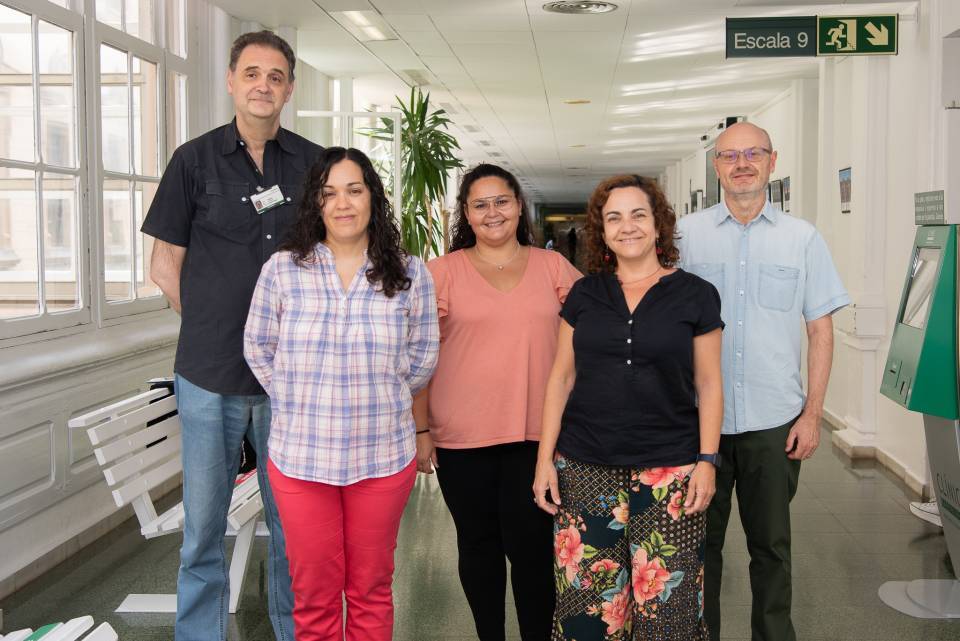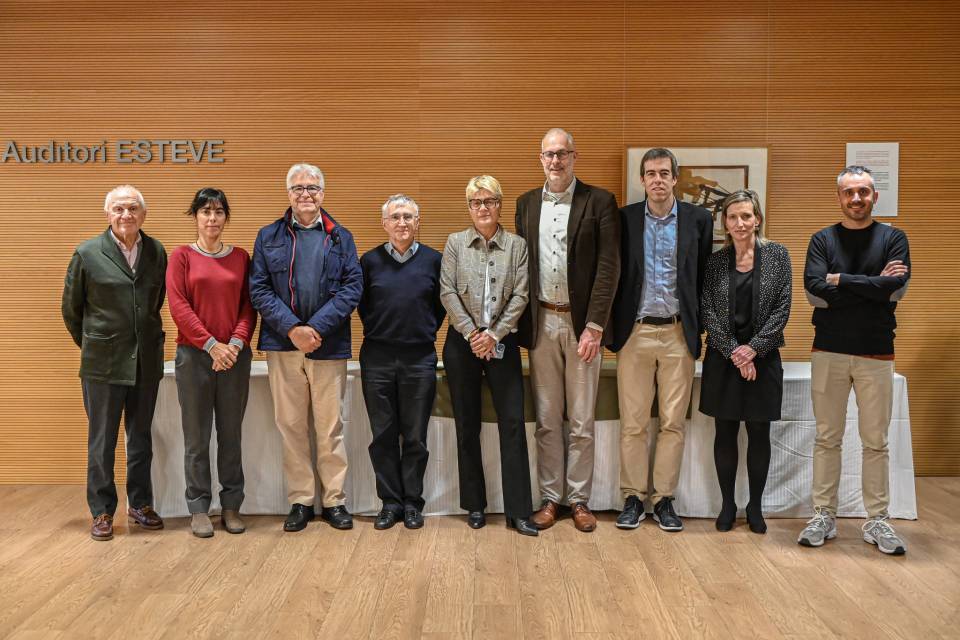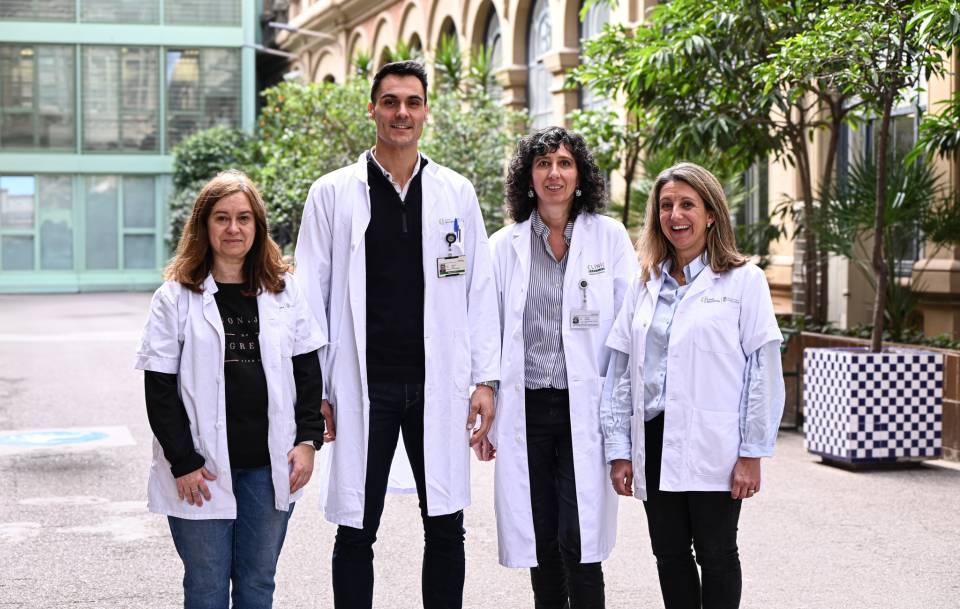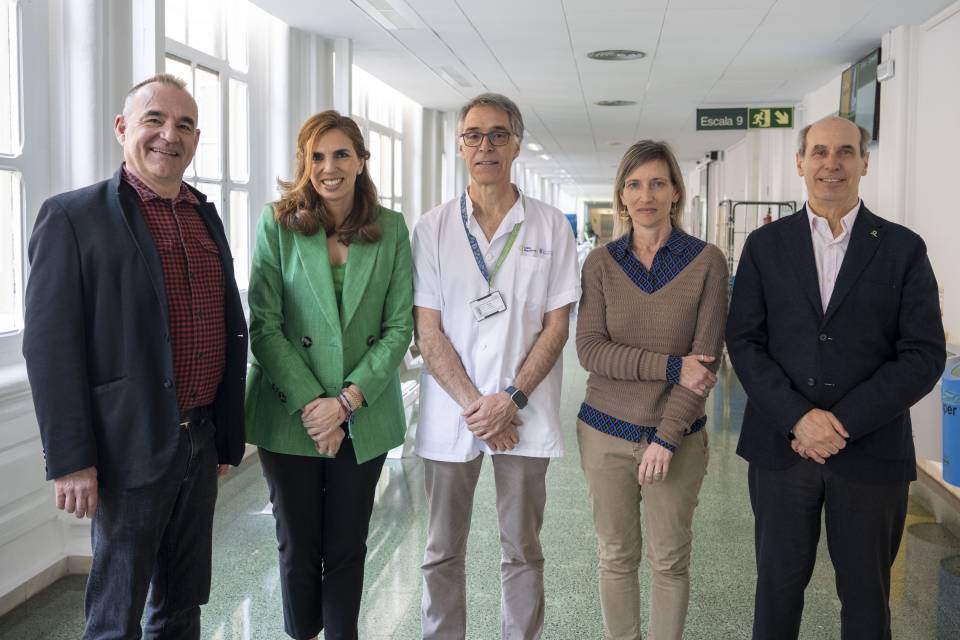Other Catalan paediatric pathologists (Drs. Marta Garrido, Jéssica Camacho and Alexandra Navarro, from the Hospital Universitari Vall d’Hebron and Dr. Joan Carles Ferreres, from the Parc Taulí Hospital Universitari) and professionals from obstetrics and microbiology departments at the three centres participated in the study, which was published recently in the journal Modern Pathology.
The study analyses around 200 cases of pregnant women from the three hospitals who were infected with COVID-19 during pregnancy. In total, nine cases of placentas infected by SARS-CoV-2 were found, and in five of them this had resulted in intrauterine foetal death. In all the cases analysed, the women had had a normal pregnancy and no other causes were identified that could have led to the death of the foetus. Fortunately, placental involvement is very infrequent (4.5% of pregnant women infected with COVID-19, according to this series), and the rate of foetal mortality attributable to this involvement is only thought to be around 2.5%. The participation of the Hospital Universitari Vall d’Hebron and its role as a referral centre for gestational COVID-19 was of key importance in this work in order to promote and facilitate this research.
The study shows that the infection of the placental tissue is accompanied by a characteristic lesion that consists of necrosis of the trophoblast, a layer of cells that provides nutrients from the mother to the foetus in the uterus, and collapse of the intervillous space, i.e. each of the cavernous expanses in the placenta, which are located between the chorionic villi and contain maternal blood. This trophoblast damage points to a new complication of COVID-19. This involvement explains why the placenta loses its spongy texture, becomes much harder and is damaged to the point that, in some cases, it causes foetal death.
The placenta is the first organ to form in foetal development. It acts as the foetus’ lungs, intestines, kidneys and liver, obtaining oxygen and nutrients from the mother’s blood. It is also responsible for many of the hormonal changes in the mother's body.
The study’s pathologists maintain that, “the study provides evidence of the damage caused by COVID-19 to the placenta. We had never seen such severely damaged lesions in a placenta, and there were no references because this is a new disease.”
Article reference:
Diffuse trophoblast damage is the hallmark of SARS-CoV-2 associated fetal demise. (Modern Pathology)




